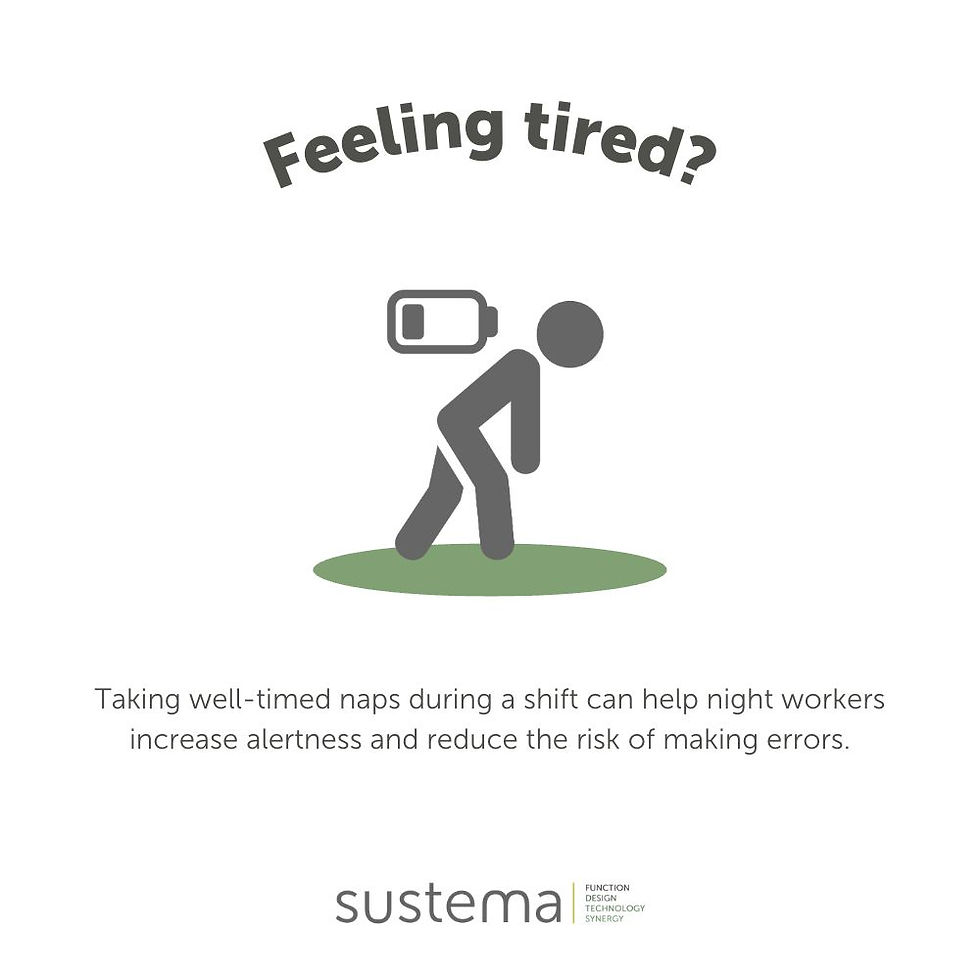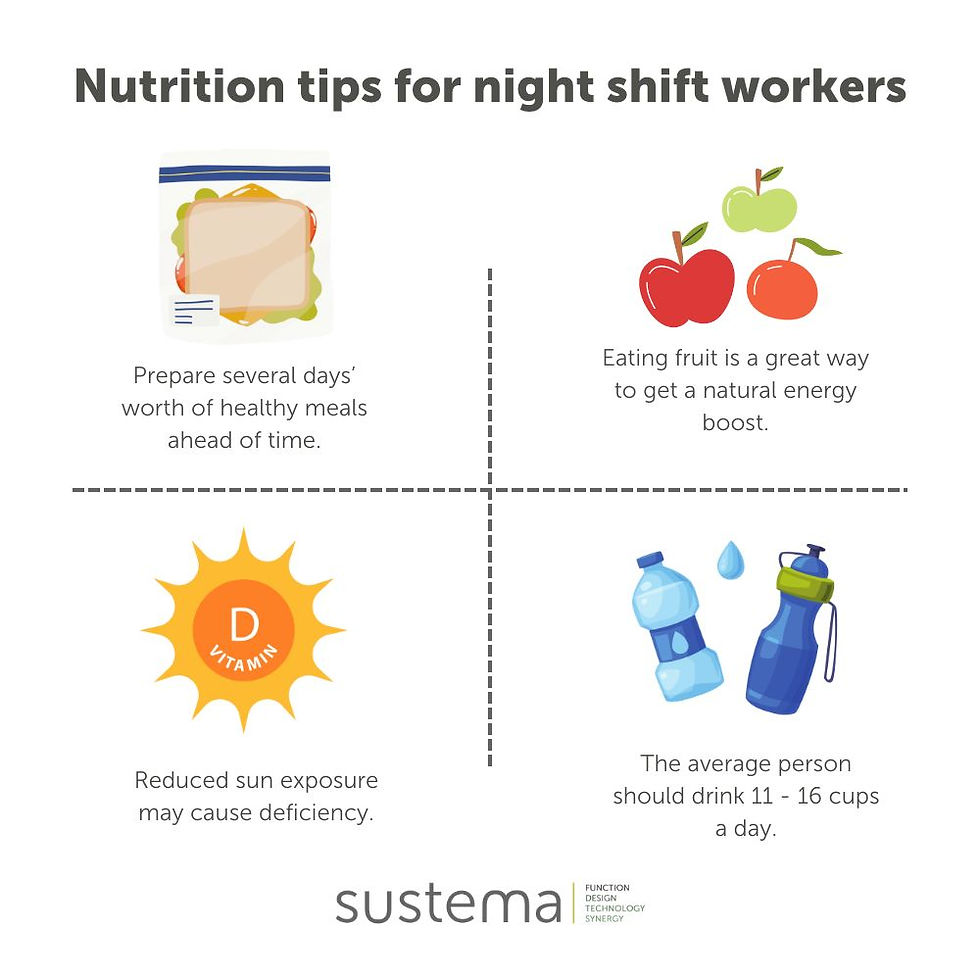Staying Alert: How Do Night Shift Operators Do It?
- Axel Trujillo

- Aug 14, 2024
- 3 min read
The night shift, also known as the Graveyard shift, “is a period of work, for example in a factory, that begins late at night and ends early in the morning”. Telecommunicators and emergency dispatchers work in 911 control rooms for long shifts into the night. This means that they must remain alert throughout the night. But this is easier said than done. It takes time and practice to remain active and alert at night, especially when your job is so stressful and high stakes. So how do public safety professionals prepare for night shift?
Creating an environment for daytime sleep that will help you when working night shifts
Public safety telecommunicators working night shifts start with changes at home, these include changes on your physical space, as well as to your habits and behaviors. You can try the following steps to adapt your home and make it easier for you, and more comfortable, to work long hours into the night:

Use black out curtains or a sleep mask to reduce how much light there is in your bedroom.
After your shift ends, wear sunglasses if you’re driving home or if you have to go outside.
To counter noises during the day, consider using ear plugs, fans, or white noise to drown out other background sounds.
Be consistent with your bedtime during your work week.
Create a routine or a schedule for other activities in your life like exercise, house chores, spending time with family and loved ones, hobbies, etc.
During your days off and the night before your first shift back get a full night’s rest.
Involve your household by sharing with them your work and sleep schedule, as well sharing a daily meal to keep yourself grounded even on working days.
Prepare snacks and meals ahead of time. The ideal lunch includes some protein, along with greens or other vegetables.
For snacks go for healthy choices like whole fruit, trail mix, or a high-protein energy bar.
Night shift workers should also consider supplementing with vitamin D, as reduced sun exposure can lead to deficiency. ((Luca Copetta et al., “Are Shiftwork and Indoor Work Related to D3 Vitamin Deficiency? A Systematic Review of Current Evidences,” Journal of Environmental and Public Health, Sept. 10, 2018: https://www.ncbi.nlm.nih.gov/pmc/articles/PMC6151365/))
Avoid unnecessary risks like driving tired after your shift is over. If you are feeling tired on the drive home, pull over for a nap.
Changes at the 911 control room to stay awake.
You can implement these changes in your workplace to help you stay awake and remain alert when working the night shift. Try these tips to help you assist those in need more effectively.

Taking well-timed naps during a shift can help night workers increase alertness and reduce the risk of making errors. Some centers allow for 15-minute breaks and a 45 minute lunch break. If your employer doesn’t already have a policy in place that supports napping, consider talking to management about adopting one.
Cluster your night shifts together so that your body can get used to one schedule instead of being on adaptation mode constantly.
Staying hydrated will help keep you energized and alert. Avoid sugary sodas and fruit juices, which will make your blood sugar spike and then crash. Experts recommend about 11 cups (88 oz.) of water per day for the average woman and 16 cups (128 oz.) for the average man.
Avoid drinking any caffeinated drinks in the hours leading to the end of shift.
Consider avoiding energy drinks that are high in sugar and caffeine. Studies show an association with negative health effects, including elevated stress levels, higher blood pressure, increased risk of obesity, and poor-quality sleep.
Finding a mentor, co-worker, or friend who can offer advice or will simply listen to your concerns can be invaluable.
Exercise is a good idea to stay awake. If your center has standing desks or ergonomic control consoles, change postures throughout your shift.
Equip your 911 control room with specialized furniture
At Sustema we have 30 years of experience in designing ergonomic control room furniture for emergency communication centers and PSAP. By taking the time to tailor your setup to your unique requirements, you can create a working environment that is both efficient and comfortable for telecommunicators and dispatchers working night shifts. Contact us if you are looking for 911 dispatch consoles to create an ergonomic workplace.



Comments